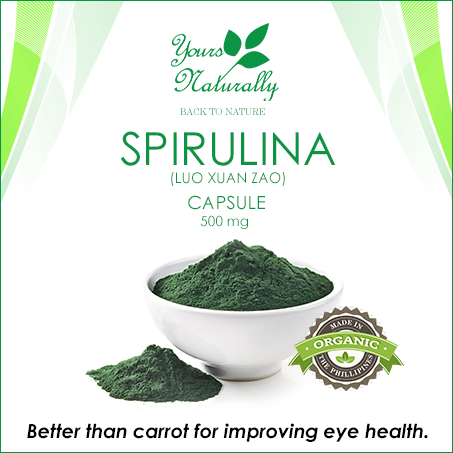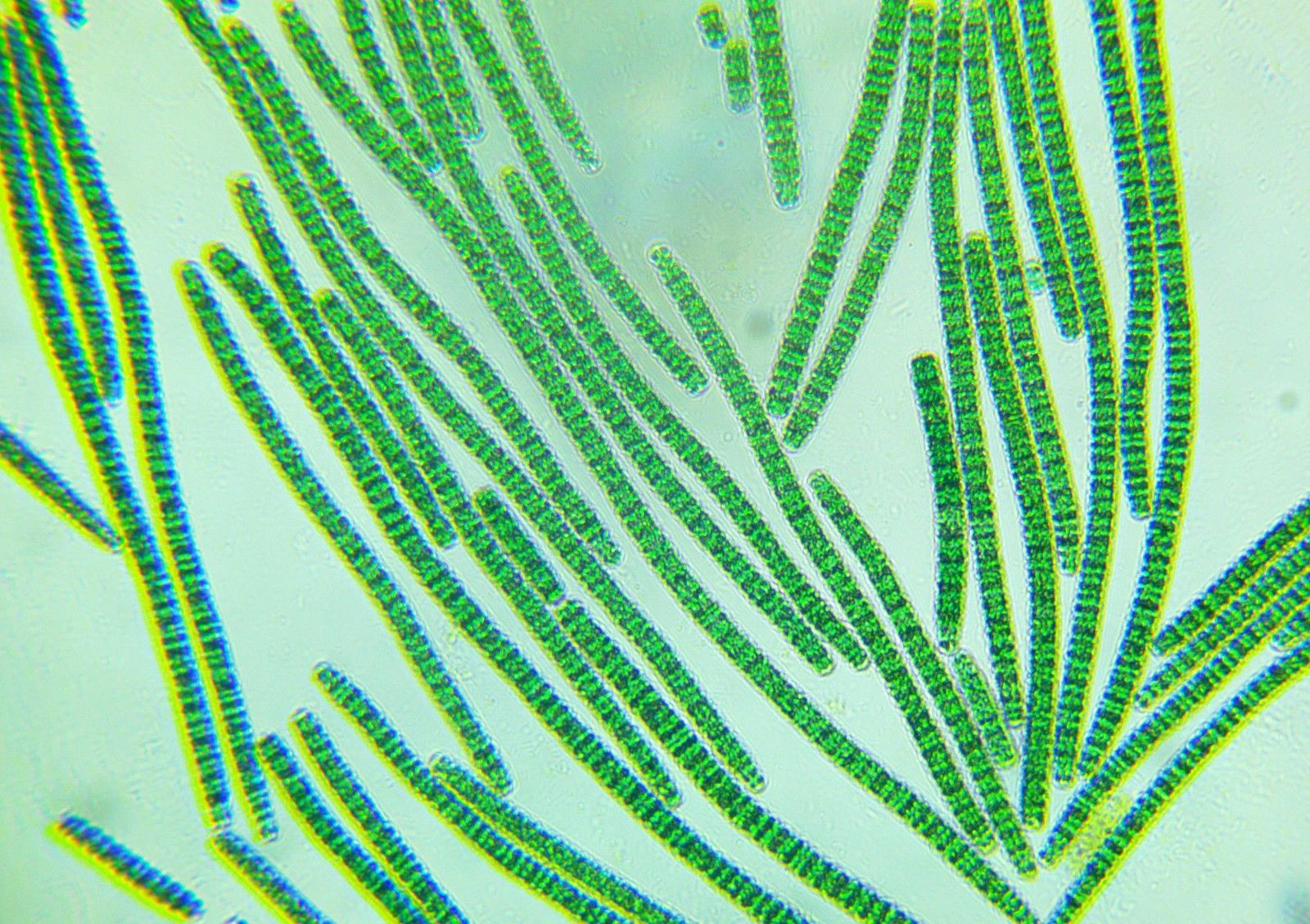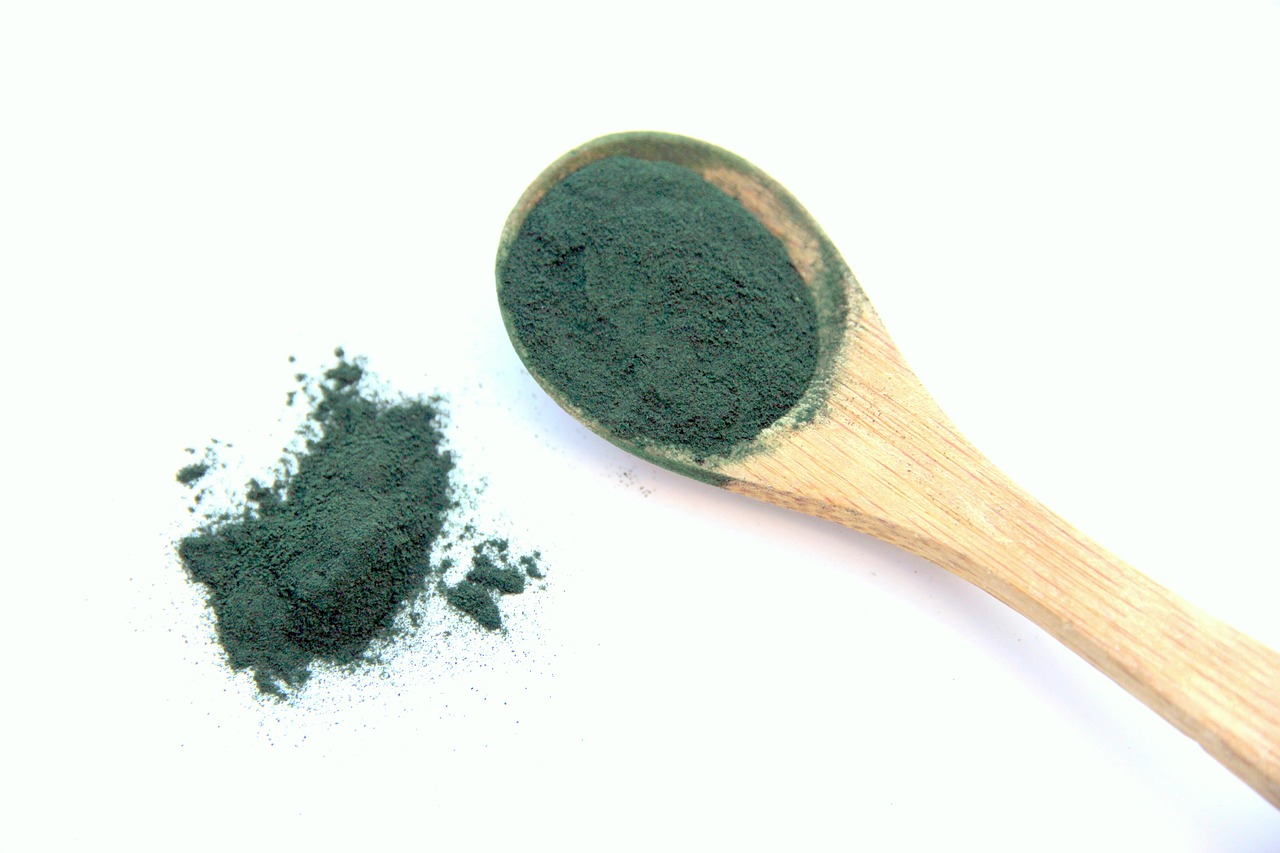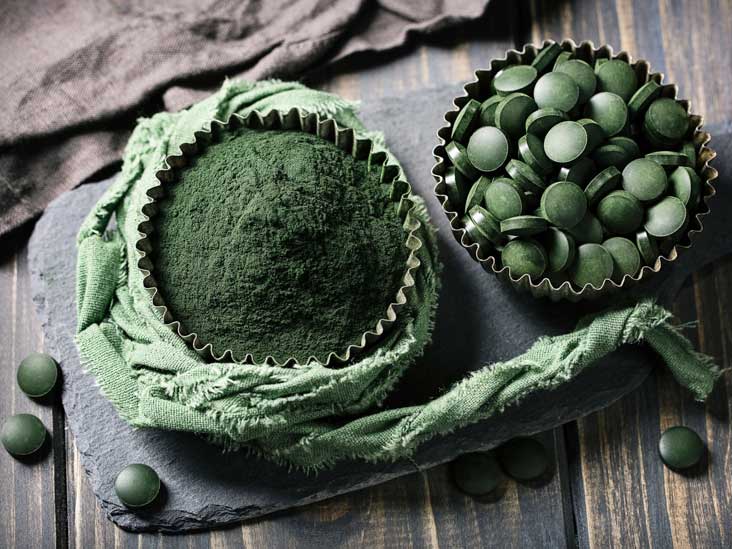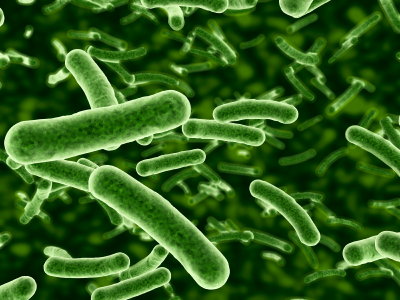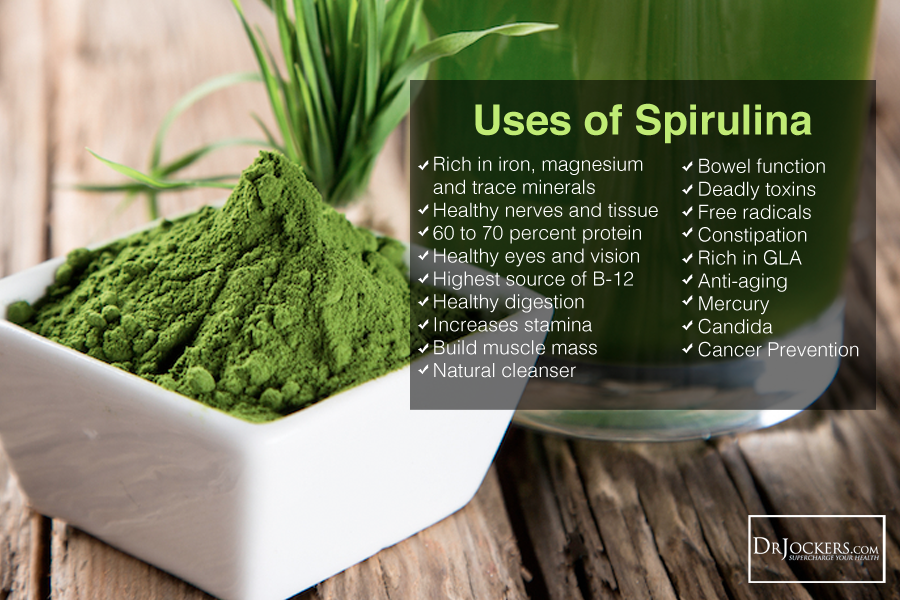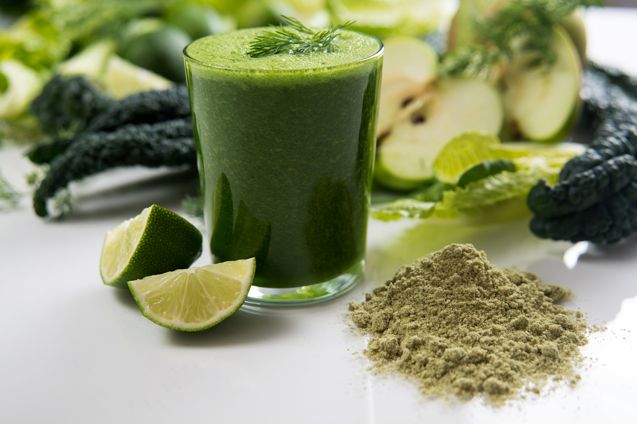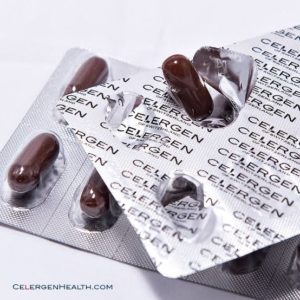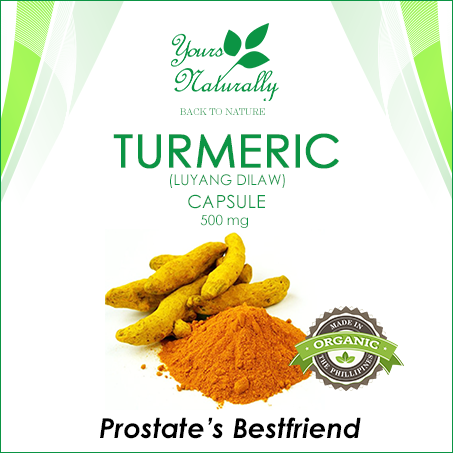Description
Though not technically an herb (actually a cyanobacteria), it has its fair share of health promoting properties being rich in Chlorophyll, and like plants, gets its energy from the sun. It is incredibly high in protein and a good source of antioxidants, B-vitamins and other nutrients. When harvested correctly from non-contaminated ponds and bodies of water, it is one of the most potent nutrient sources available. It is largely made up of protein and essential amino acids, and is typically recommended to vegetarians for its high natural iron content. It is often touted for its high B-12 content, though there is a lot of debate about if this particular form is a complete and absorbable form of B-12. The high concentration of protein and iron also makes it ideal during pregnancy, after surgery, or anytime the immune system needs a boost.
However, spirulina is not for everyone. People with certain autoimmune conditions should avoid Spirulina. Since spirulina enhances the immune system, spirulina supplements may worsen symptoms of multiple sclerosis (MS), lupus (systemic lupus erythematosus, SLE), rheumatoid arthritis and other conditions linked to overactive immune systems. For the same reason, spirulina may weaken the effect of immune-suppressants, which are often prescribed to treat autoimmune conditions and prevent the body from rejecting organ transplants. Spirulina may also interfere with drugs that slow blood clotting, including blood thinners such as warfarin as well as nonsteroidal anti-inflammatory (NSAIDS) pain medications. Combining spirulina with cloves, garlic, red sage, ginger, ginkgo, ginseng and turmeric may slow blood clotting thus increasing a person’s risk of bleeding.
To consume spirulina, add it to veggie smoothies each day and take extra during pregnancy. It is best to get in about 2 teaspoons per day, and 2 or more tablespoons during illness, after radiation exposure, or during pregnancy. You can also mix into water and drink straight, though many people have trouble with this. The phosphorous makes it useful for the tooth remineralizing regimen, and it is best taken with an Omega-3 source like fermented cod liver oil. Its anti-inflammatory properties have been helpful to some with joint pain or other types of inflammation.
1. Anti-Inflammatory
Spirulina is 65% protein and amino acids including the essential fatty acid Gamma Linolenic Acid (GLA), which has gotten a lot of attention for its anti-inflammatory properties, especially when taken with other quality Omega-3 supplements like fermented Cod Liver Oil. It contains all essential amino acids. GLA is difficult to find in a food source and normally has to be created by the body. Spirulina is one of the few foods with a natural GLA content.
2. Rich in Omega-3 Fatty Acids
Spirulina contains Omega 3-,6 and 9s and is especially high in Omega-3s.
3. Immune Booster
Spirulina is extremely high in Chlorophyll, which helps remove toxins from the blood and boosts the immune system.
4. High in Iron
Spirulina has a very high concentration of bio-available iron and is excellent during pregnancy and for those with anemia, and will not cause constipation. The proteins and nutrients in Spirulina are very bioavailable and easy to absorb.
Spirulina is a great source of other nutrients including vitamins B-1(thiamine), B-2 (riboflavin), B-3(nicotinamide), B-6 (pyridoxine), B-9 (folic acid), vitamin C, vitamin D, vitamin A and vitamin E. It is also a source of potassium, calcium, chromium, copper, iron, magnesium, manganese, phosphorus, selenium, sodium and zinc.
5. Prevents Calcium Deficiency
Spirulina is also incredibly high in calcium with over 26 times the calcium in milk, making it excellent for children, the elderly and during pregnancy.
Some research has suggested that Spirulina may be helpful for those with allergies and allergic reactions. Spirulina’s phosphorus content makes it helpful as part of a tooth remineralization regimen. Emerging evidence suggests that it binds with radioactive isotopes and may be useful for radioactivity exposure or radiation therapy. The protein in Spirulina is highly usable and has a net protein utilization rate of between 50-61%. Spirulina can bind with heavy metals in the body and help remove them. Spirulina can increase fat burning during exercise.

